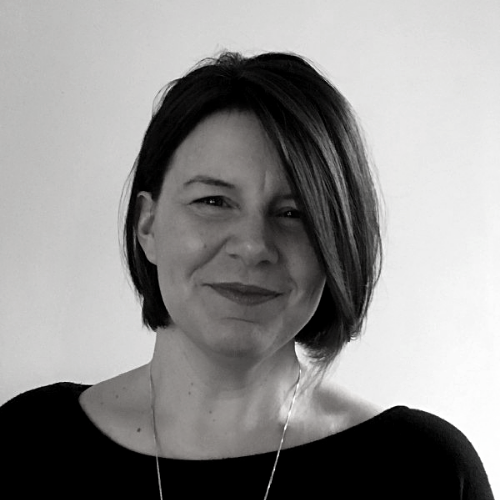At 29, Liz Robinson was the youngest headteacher in England. She took on a pretty rough inner city school (Surrey Square Primary School) which she turned into a fantastic place. She’s done it in a remarkable way, by throwing away the rule book.
I first met Liz six months ago when I visited the school. I was absolutely blown away with how positive and amazing the parents and the teachers were, given its location in a very challenging environment.
After being the headmaster of Surrey Square for 10 years, Liz just started a new role with Big Education, an organization on a mission to change the education system by empowering teachers and leaders to ask bigger questions about what schools should or could stand for.
On today’s podcast:
- The flaws in our current education system
- Engaging children to be active change agents
- A school with no rules
- Surrey Square’s seven core values
- Innovating quality assurance
- Tracking progress using personal excellence journey books
Links:
- Surrey Square Primary School
- Big Education
- The Guardian: ‘It’s like family to me’: the school feeding its poorest families
The flaws in our current education system
If you ask Liz, good education is all about three critical components:
- The education of the head: traditional academic learning
- The education of the heart: learning about our emotions, about our relationships
- The education of the hand: learning skills and problem-solving
Our current education system is overly focused on the academic outcomes, and there is a huge deficit in the breadth of skills and competencies that people actually need when they start interviewing for jobs.
Another problem is that too often in schools we tend to teach children to be compliant, to listen, to receive wisdom and knowledge. We don’t actively engage with them as we would with constructive partners who are developing something new and we often don’t help them find their own voice.
A different way of teaching children
Surrey Square is a school with no rules, guided by a mission statement that says “Personal and academic excellence; everyone, every day”. How come they don’t follow rules?
The reason for it is that a rule is a behavioural descriptor that sits underneath a value. For example, walking quietly on a corridor (the rule) is a subsection of showing respect (the value). At Surrey Square, teachers are actively guiding children to learn values instead of being terrorized by rules. When the children understand the values behind the rules, they think harder about how they behave. At the end of the day, the teachers’ job is to facilitate a conversation with their students and to support their thinking in a way that enables them to make better choices.
At Surrey Square, their mission is to teach personal excellence following seven core values: responsibility, respect, enjoyment, community, perseverance, compassion and excellence.
Innovating quality assurance
One of the problems across the education sector is the heavyweight of accountability judged by a very narrow set of outcomes. Grades are still thought to be the epitome of a student’s success.
Other problems in the sector include the funding crisis in schools, a very real issue that is about to get even worse. There are also a lot of external pressures on schools.
At Surrey Square, they thought things through and decided to totally redesign how they think about quality assurance and professional learning and improvement. They call it “flipped quality assurance”.
Teachers own their own professional development, their own learning, and they are supported by other leaders or teachers, but they are not directed by them. It’s a very different experience from the more common case of headteachers telling them how they are doing.
Tracking progress using personal excellence journey books
At Surrey Square, Liz and her team developed an assessment framework where parents can check their children’s progress. It’s basically a personal excellence journey book which contains the value characters. For each of the values, there is a progressive set of statements. By putting these metrics in this internal benchmarking system, parents can observe their children’s progress over time.
I asked Liz what are some books that had an impact on her, and she suggested the following:
- Daniel H. Pink: “Drive: The Surprising Truth About What Motivates Us”
- Carl Rogers: “On Becoming a Person: A Therapist’s View of Psychotherapy”
- Atul Gawande: “Better: A Surgeon’s Notes on Performance”
Liz would definitely like to see more genuine commitment from leaders towards a broader, more holistic education all across the UK.

